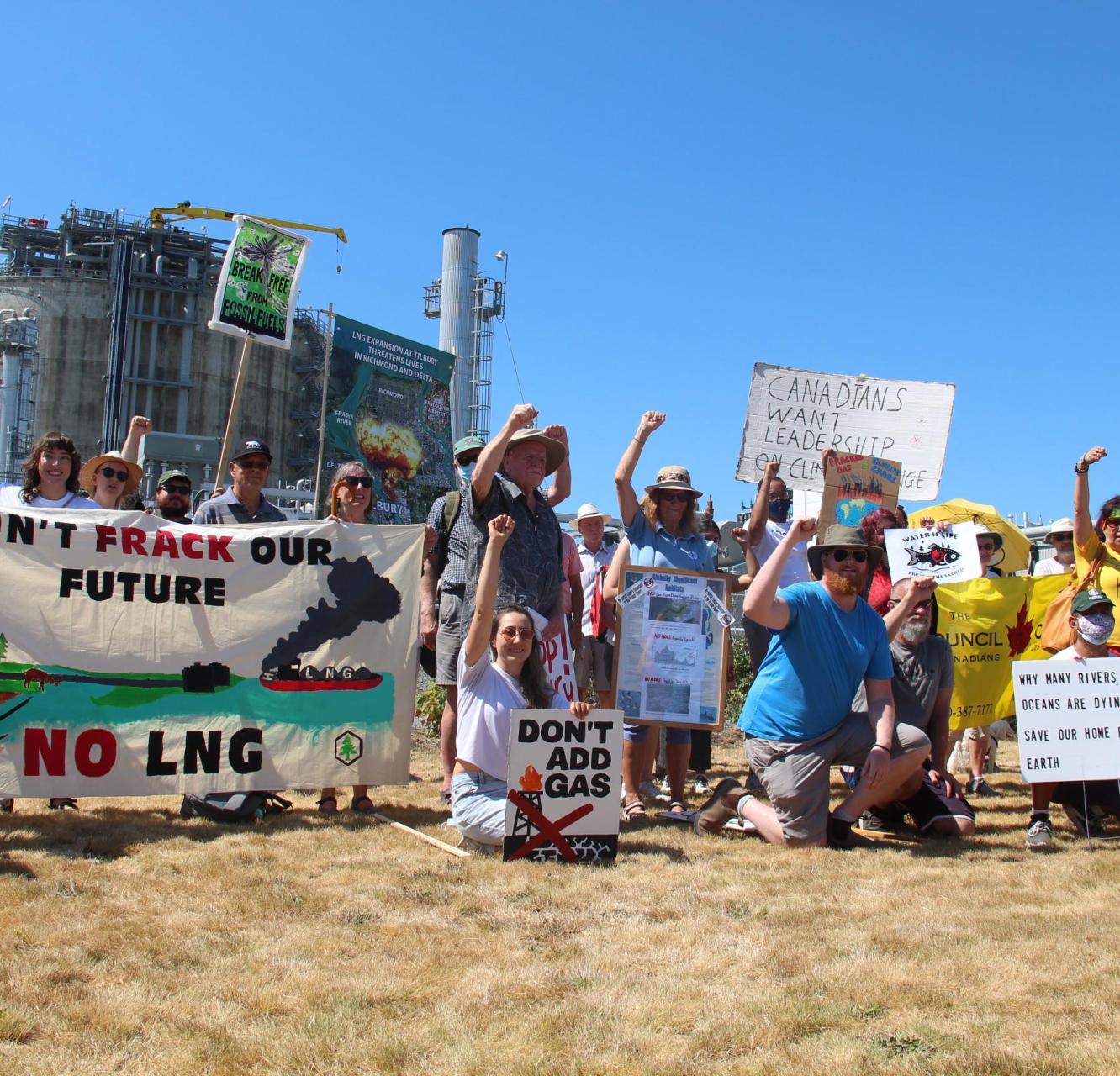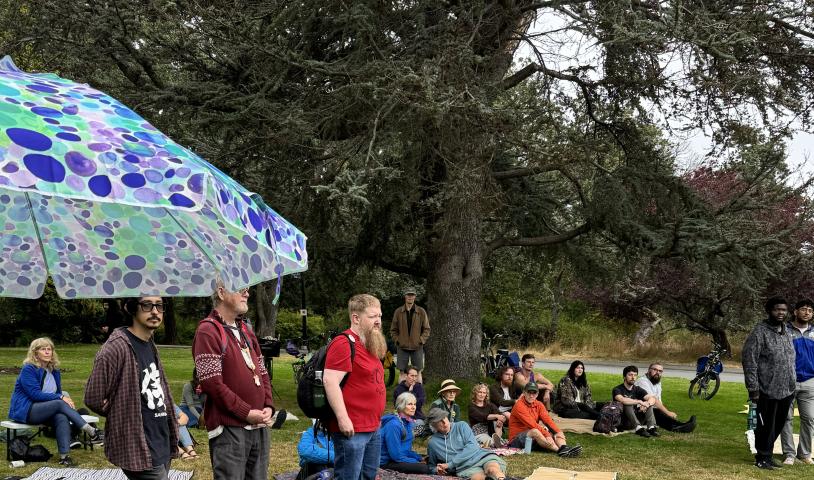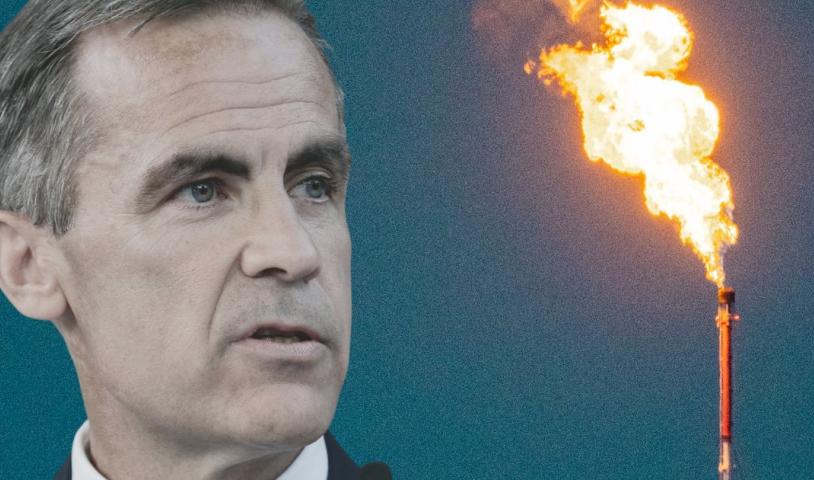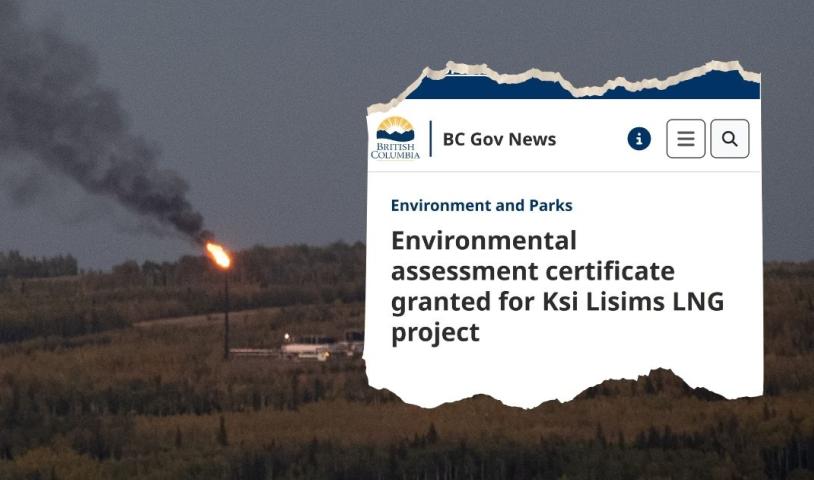New B.C. Fracking Registry Falls Short, Says Enviro Group
Monday, September 12, 2011The B.C. government’s efforts to increase transparency around fracking practices used by the oil and gas industry don’t go far enough, says an environmental organization.
BC Premier Christy Clark recently announced the launch of a new government online registry which she said will make the growing practice of hydraulic fracturing, or fracking, more “open and transparent.”
Starting in Jan. 2012, the website will provide details about techniques used in shale gas fracking, the various chemical additives used in the process, and the locations where fracking activities are taking place.
A B.C. government news release says the move is supported by industry and comes in response to concerns about hydraulic fracturing practices, as well as the demand for greater transparency.
While the BC Oil and Gas Commissions is already privy to that information, the registry will make it publicly available.
But Tria Donaldson, a campaigner for the Wilderness Committee, says the move is inadequate because it fails to address “what is needed to stop the environmental destruction that fracking causes.”
Hydraulic fracturing is a process in which copious amounts of pressurized water and sand, laced with toxic chemicals such as benzene, are pumped underground to release gas deposits trapped in shale bedrock.
While industry favours fracking because it enables the extraction of oil and gas from rock formations deep below the earth’s surface at an economical rate, critics claim the process has been linked to water contamination and poses a threat to public health.
“While having fracking companies disclose chemical additives in water is a good first step, the plan outlined does not go nearly far enough,” says Donaldson.
“There are serious risks associated with fracking, both in terms of the environment and human health.”
Donaldson notes that governments are increasingly taking steps to halt fracking operations, with bans or moratoriums in place in France, Quebec, and some U.S. states including New Jersey.
She says B.C. is trailing behind other jurisdictions when it comes to taking the dangers of fracking seriously.
“That’s why [Clark’s announcement] feels so underwhelming,” says Donaldson. “Ultimately, we need to stop this reckless fracking for gas altogether.”
The online registry is a part of broader measures to ensure water is protected and conserved as shale gas development continues, the government release said, noting that there has never been an incident of harm to groundwater from hydraulic fracturing operations in B.C.
“The development of British Columbia’s huge shale gas deposits is being done safely and responsibly within the province’s advanced regulatory framework—a model for other jurisdictions globally,” the release said.
In the U.S., state regulators have documented over 1,000 cases of groundwater contamination linked to fracking practices. In Canada, particularly around Rosebud in Alberta, some residents are blaming fracking contaminants in their water supply for skin rashes and other problems.




